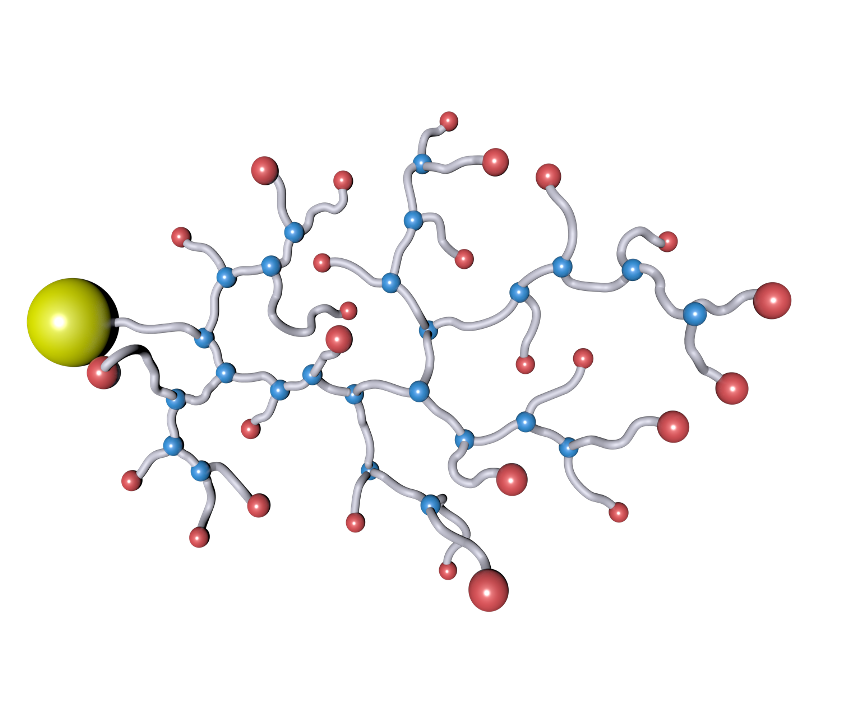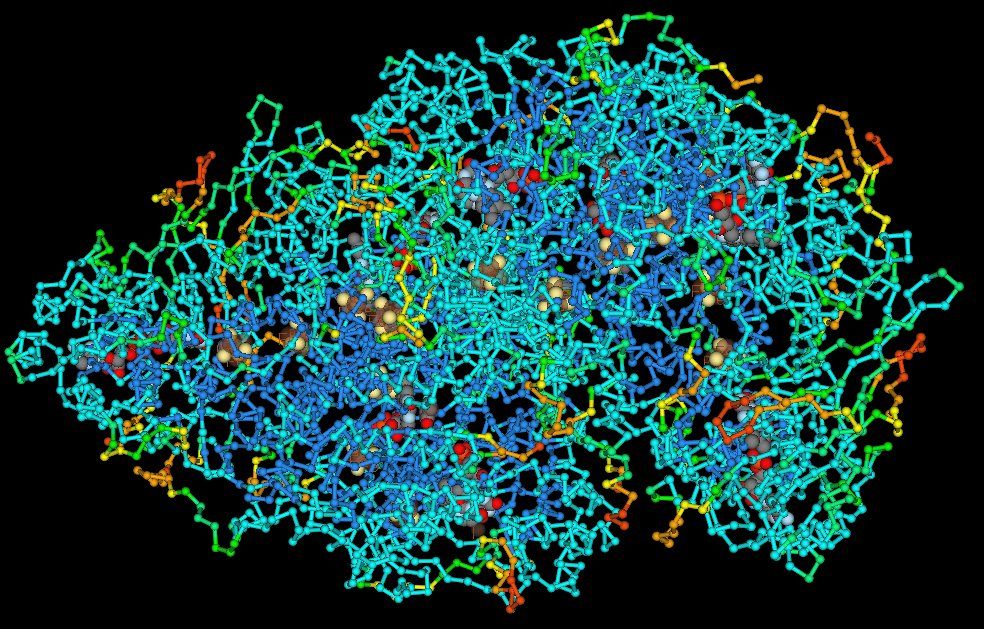Discovering the Varied Applications and Benefits of Polymers in Different Industries
Polymers, with their diverse variety of homes and capabilities, have ended up being crucial in different industries, each enjoying distinct benefits from their application. Polymers. From improving safety and efficiency in the automobile industry to changing medical tools in the health care market, polymers play a crucial duty. Their green nature is modifying the landscape of sustainability methods. As we explore the midsts of polymers in electronic devices, we discover cutting-edge innovations, while their architectural stability transforms the world of building and construction and facilities. The pervasive impact of polymers across industries is a testament to their convenience and versatility, shaping the future of countless fields.
Automotive Sector Applications
Polymers play a crucial function in boosting the performance and longevity of various parts within the automotive market. These functional materials are thoroughly used in the production of different components, ranging from interior elements to under-the-hood applications. One prominent use of polymers in the auto industry is in the manufacturing of light-weight components. By replacing standard steel parts with polymer-based options, lorries can achieve enhanced gas efficiency without jeopardizing on toughness or safety.

Healthcare Industry Advantages
In different medical care applications, the benefits of utilizing polymers are widely recognized for their diverse range of useful residential or commercial properties. Polymers play a vital duty in the medical care sector as a result of their convenience, biocompatibility, and cost-effectiveness. Among the key benefits of polymers in health care is their capability to be customized to particular demands, such as versatility, toughness, and biodegradability, making them excellent for a vast array of clinical applications.
Polymer-based materials are extensively utilized in medical devices, such as catheters, implants, prosthetics, and medicine shipment systems, due to their biocompatibility and ability to resemble all-natural tissues. These materials can reduce the threat of allergies or rejections, boosting individual security and outcomes. In addition, polymers are light-weight, making them suitable for wearable clinical gadgets and guaranteeing patient convenience.
In addition, polymers allow the growth of ingenious therapy techniques, such as hydrogels for cells design and nanocomposites for targeted medicine shipment. Their convenience of processing and sterilization makes them crucial for preserving high criteria of hygiene in health care setups. Overall, the varied benefits of polymers contribute significantly to improvements in medical innovation and client treatment.
Ecological Benefits of Polymers

Moreover, polymers can add to energy savings because of their light-weight nature. In sectors such as transport, light-weight polymer products can aid lower gas intake and greenhouse gas exhausts. In addition, polymers can make it possible for the development of energy-efficient products such as insulation products that improve energy conservation in structures.
Moreover, polymers play a vital duty in lowering water air pollution. The use of polymer-based filtration sites systems can effectively get rid of toxins and pollutants from wastewater, protecting water resources and ecosystems. Overall, the ecological advantages of polymers make them beneficial possessions in advertising sustainability and eco-friendly methods throughout numerous industries.
Polymers in Electronics and Innovation
Considering the increasing demand for ingenious and sustainable solutions in modern-day sectors, the combination of advanced polymer modern technologies in the realm of electronics and modern technology has arised as an essential technique for driving performance and performance. Polymers have actually reinvented the electronics market by enabling the manufacturing of lighter, more adaptable, and resilient electronic gadgets. From smartphones to clinical gadgets, polymers play an important role in improving product style and performance.
One substantial advantage of polymers in electronic devices is their protecting residential properties, which aid safeguard fragile digital elements from environmental variables and electrical disturbance. In addition, polymers are necessary in the growth of versatile display screens, wearable innovation, and published electronic devices, web providing limitless opportunities for creating wise and interconnected tools.
Furthermore, the use of polymers in digital product packaging has resulted in improvements in miniaturization and thermal monitoring, improving the general efficiency and integrity of digital systems. As technology remains to develop, the versatility and adaptability of polymers will definitely drive better innovation in the electronics sector, shaping the future of technology.
Role of Polymers in Building and Infrastructure
Polymers offer countless benefits in the construction sector due to their adaptability, sturdiness, and cost-effectiveness. One essential role of polymers in building and construction is their use in coatings and sealers, offering protection versus environmental variables such as wetness, UV radiation, and corrosion.
Moreover, polymers play a critical role in sustainable building techniques by enabling the development of energy-efficient structures. Protecting products made from polymers aid regulate indoor temperature levels, minimizing the demand for heating and cooling systems and eventually helpful site lowering energy usage - Polymers.
Conclusion
In final thought, polymers play a critical function in different industries such as automotive, medical care, ecological, electronics, and construction. From boosting gas effectiveness in vehicles to boosting clinical devices, polymers supply many advantages.